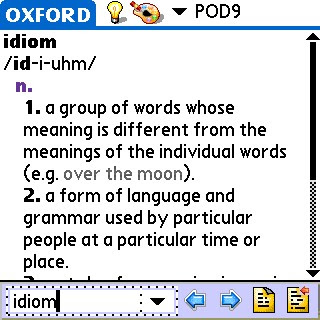by Donald Friedman with illustrations by J.C. Suarès
I would say I was as happy as a clam while reading You're My Dawg, Dog, but a dog with two tails fits the bill better. As a person who loves playing with words almost as much as I love playing with my dog, I had a feeling I would enjoy this book when I opened it to this wonderful introductory paraprosdokian and its adorable accompanying illustration:
Outside of a dog,
a book is man's best friend.
Inside of a dog, it's too dark to read.
- Groucho Marx
The book continued to entertain throughout with over 140 canine-based terms, metaphors, idioms and proverbs, and numerous charming illustrations. Having written my master's essay in a large part about animal metaphors, I was surprised that the book even included several terms and expressions that were new to me. Here are a few that I enjoyed:
Doggo (adv) To be still and quiet (lying like a dog) in concealment. "Herb and Sally, nearly caught in flagrante delicto, lay doggo in the thick foliage until the other guests had passed by."
Dog shelf (n) The floor in sarcastic usage. "Hang it on the dog shelf, Herb!' Sally yelled to him indicating that he should throw his coat on the floor, as was his habit."
Why keep a dog and bark yourself? Don't arrange for a task to be accomplished by another and then do it yourself - that's the message of this ancient proverb, found in a 1583 treatise.
In addition to definitions, the book also includes numerous etymologies and several amusing quotes from famous individuals.
Overall, I would call You're My Dawg, Dog a delightful romp in a doggy word park. And Stanley agrees too. Here he is reading his already dog-eared copy.

Illustrations © 2013 J.C. Suarès. www.welcomebooks.com/dawg





















 What a beautifully poetic way to describe eating the parts of pigs that most people would rather not even think about.
What a beautifully poetic way to describe eating the parts of pigs that most people would rather not even think about.